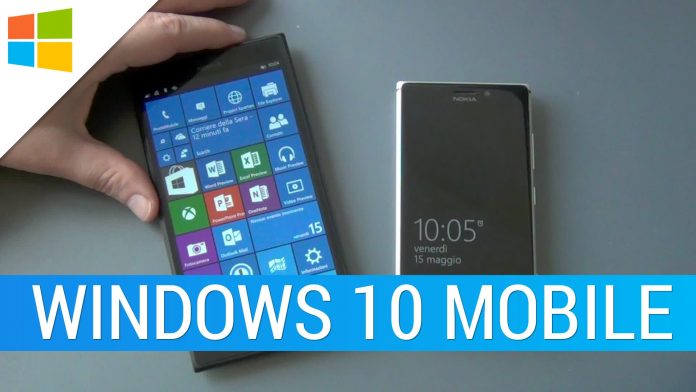
There are rumors and reports that are circulating on the internet, suggesting that Microsoft is looking to discontinue its not-so-popular mobile platform, Windows Phone – rebranded to Windows Mobile. Various websites are claiming that Microsoft will kill off the OS in favor of loading Android with pre-loaded Microsoft apps instead of Google’s usual set.
The idea is not too far-fetched to be completely honest, as, at present, the operating system has less than 3% share in the mobile market, which does limit the platform from reaching to a majority of people.

However, to expand that presence, the company is surely taking several steps. Microsoft signed partnerships with Android handset manufacturers to preinstall apps like Office, OneDrive, and Skype onto new smartphones as potential replacements for Google’s apps.
This plan does look like it has some worth to it, though, here are the top three reasons why we think that Microsoft is not going to kill the mobile operating system anytime soon.
1.) “One Windows”

The first top reason that we would like to mention is “One Windows”. This is something that Microsoft has been focusing a lot in the recent times. Microsoft intends to unite phones, tablets, PCs, gaming consoles and embedded devices under a single, scalable operating system. The company has also announced that all the Windows 8.1 devices will be automatically updated to Windows 10.
2.) Microsoft tried Android and it didn’t work

The next reason would be the fact that Microsoft has already tried to develop an integrated platform that combined the Android experience to the Windows platform.
This had happened soon after the company had acquired Nokia with the launch of Nokia X and XL, however, users chose to root both the devices and installed Google’s services, effectively spoiling the plan. Microsoft had then discontinued both handsets.
3.)Redmond is not alone

Furthermore, the last and definitely one of the most important reasons for the company to not discontinue the OS is the fact that it still has plenty of allies in the Android market. After the initial failure of Nokia X experiment, the company had changed its strategy to tackle the market, as it figured that people won’t take well to an altogether new platform.
That’s also why it enlisted Android OEMs to preinstall its apps instead. This gives Android users an alternative to Google’s own apps. The most recent example of such a partnership being the deal with CyanogenMod.










